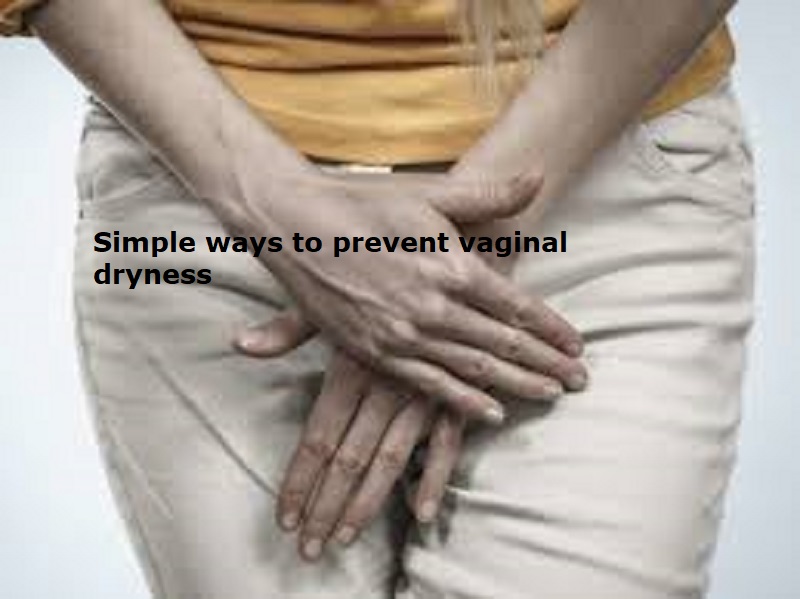
Vaginal dryness can make sex painful and lead to other problems, like tears and infections. Women often experience vaginal dryness after menopause.
A number of conditions can lead to a lack of vaginal lubrication.
Low Estrogen
Estrogen helps maintain normal blood flow, vaginal tissue health, and moisture in the vagina. Women can have low estrogen when they are breastfeeding, postpartum, and can have diminished estrogen with some types of birth control and then certainly with menopause. Cancer treatments such as chemotherapy and radiation to the pelvis can also lead to low estrogen and decreased vaginal lubrication.[
Dehydration
The cells in the vagina need to have enough water in them to function properly. Some soaps, dyes, perfumes, lubricants, and scented products have ingredients in them that draw moisture out of cells. And some medications like antihistamines can also be dehydrating.
Inflammation
The chemicals in soaps, hygiene products, dyes, and perfumes can also irritate your vaginal cells and cause inflammation.
Also Read; Know how to have great sex life during and after menopause
Aging
Aging vaginal tissues are by their very nature dryer than the premenopausal state. Research from 2021 showed that, as women age, the vagina goes through various changes, including a lack of estrogen, shifts in the microorganisms living in the vagina, and alterations in the genes. During menopause, a decrease in the number of beneficial bacteria and an increase in harmful bacteria can unfold, as well as a drop in estrogen. The drop in estrogen leads to less permeability, blood flow, and elastin, causing dryness.
Treatment for vaginal dryness depends on the cause. Drink more water and avoid infections or anything that irritates the tissues.
Use vaginal moisturizers and lubricants. If you experience problems with vaginal lubrication because of low estrogen, you may benefit from treatment with hormones.

Post Your Comments